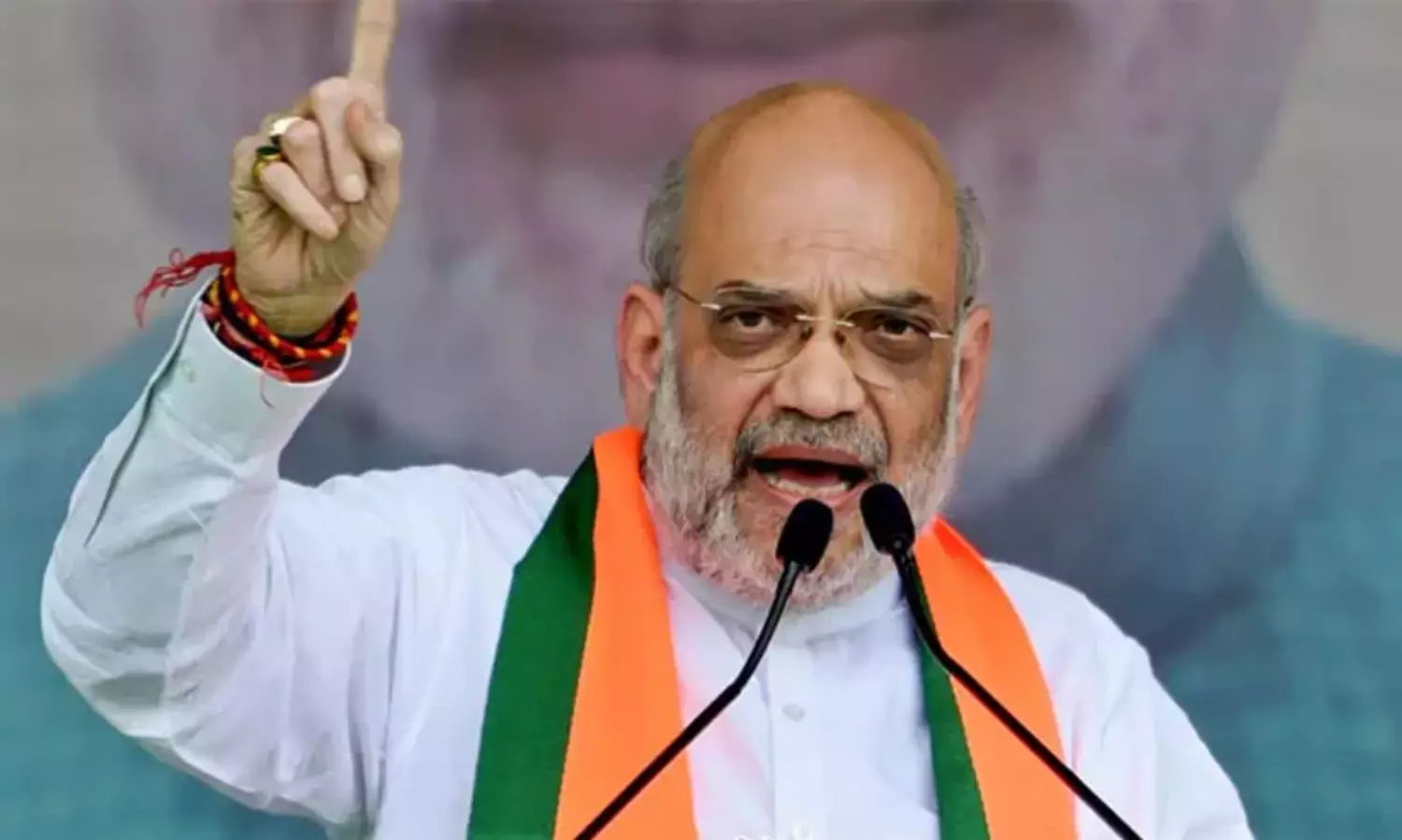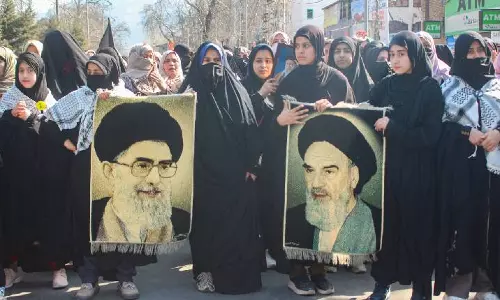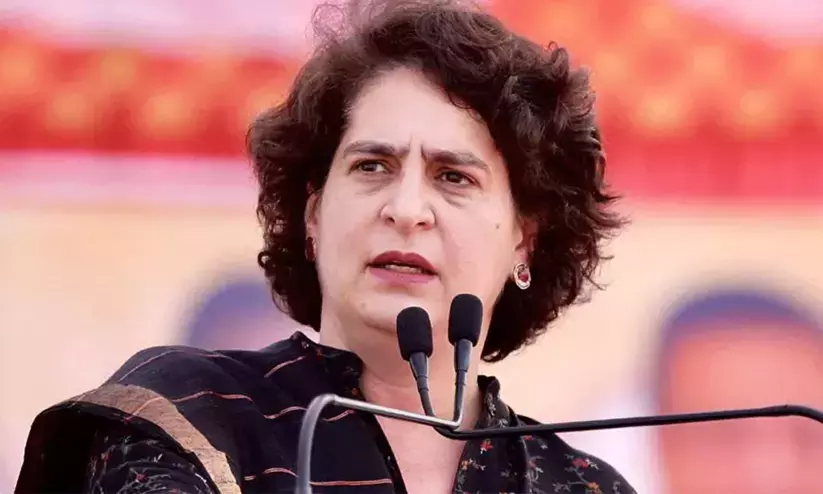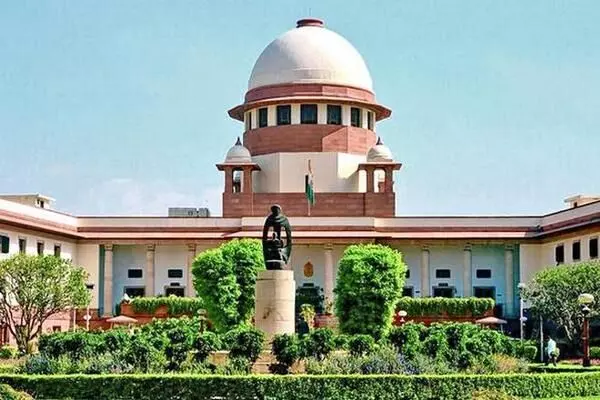
Supreme Court reserves judgement on foreign contribution law amendments
text_fieldsNew Delhi: The Supreme Court has reserved its judgment on the pleas filed against the amendments to the Foreign Contribution (Regulation) Act, 2020 and will decide whether the amendments are constitutional or not.
During the hearing of the case on Tuesday, the Centre defended the amendments on the law on foreign funding for non-profits mainly based on the argument that funding coming in for development is often diverted to different purposes including to train Maoists.
On this basis, the government defended the changes in this law which it said could ensure funds that came from abroad to non-profits are routed through a traceable channel and are used for their declared purpose, and not on uses against the country's interest.
"Foreign contributions, if unregulated, can cause devastating consequences to the sovereignty of the nation. We need to regulate foreign funds. There may be money coming in for Maoist activity or to destabilise the country," the government's lawyer Solicitor General Tushar Mehta was quoted by NDTV as saying. "Intelligence Bureau has reported that quite often, money coming for development work is used to train Maoists," the government told a Supreme Court bench of Justices AM Khanwilkar, Dinesh Maheshwari and CT Ravikumar.
The petitions were filed by Noel Harper, chairman of Care and Share Charitable Trust and Jeevan Jyothi Charitable Trust who countered the government with an example from the COVID-19 pandemic, that "half of the administration that has happened in the country during Covid is through NGOs."
The petitioners pointed that assumption of all NGO's being criminals and working against national interests and national integrity is wrong.
During the hearing, the bench observed that the Centre should ensure foreign funds are not misused by NGOs. "Funds should be used only for the purpose for which they have been received. Otherwise FCRA's purpose is not solved," the Supreme Court said and reserved its judgment.
Lawyer Gopal Sankaranarayanan, who represented Noel Harper and Jeevan Jyothi Charitable Trust cited the provision that receiving entities have to open an account with State Bank of India in Delhi, to facilitate the government's monitoring the inflow and outflow of funds. However, the government clarified during the hearing that once the funds are credited to the accounts in SBI's Delhi branch, they could be transferred to the beneficiaries account in respective places with a linking of the two accounts which would not be onerous.
Petitioners Harper and Jeevan Jyothi Charitable Trust claimed the amendment constituted imposing harsh and excessive restrictions on non-profits that use foreign funds. They contended the compulsion to open an account with an SBI branch is clearly arbitrary and violates the right to equality and serves no reasonable purpose; apart from this, the amendment lacks legitimate purpose and will have an adverse effect on NGOs.
At one point during the hearing, the Hindu reports, the bench asked the government why it was the Ministry of Home Affairs (MHA) which has been tasked to monitor the flow of foreign funds, rather than the finance department. Tushar Mehta appearing for the government clarified that there were IB inputs showing that foreign funds entering India were used to fund activities that destabilise national peace and security. Every such transaction was therefore watched by the MHA.
The Centre had earlier told the Supreme Court that there is no question of fundamental rights being violated through control of acceptance of foreign contribution by certain type of organisations because these organisations or individuals are always open to operating with local funds and achieving their objectives.
The amendments also had surfaced in the light of the government's recent moves against certain NGO's including Greenpeace and Amnesty India, who have alleged that the government's actions have resulted in drying up their funds. Amnesty International India, and its affiliate bodies in the country, was disabled from operating following attachment of their assets in India by the Enforcement Directorate on charges of violating provisions of FCRA. A Delhi High Court order in late October restrained the ED from taking any further action and ordered that the status quo should be maintained.























